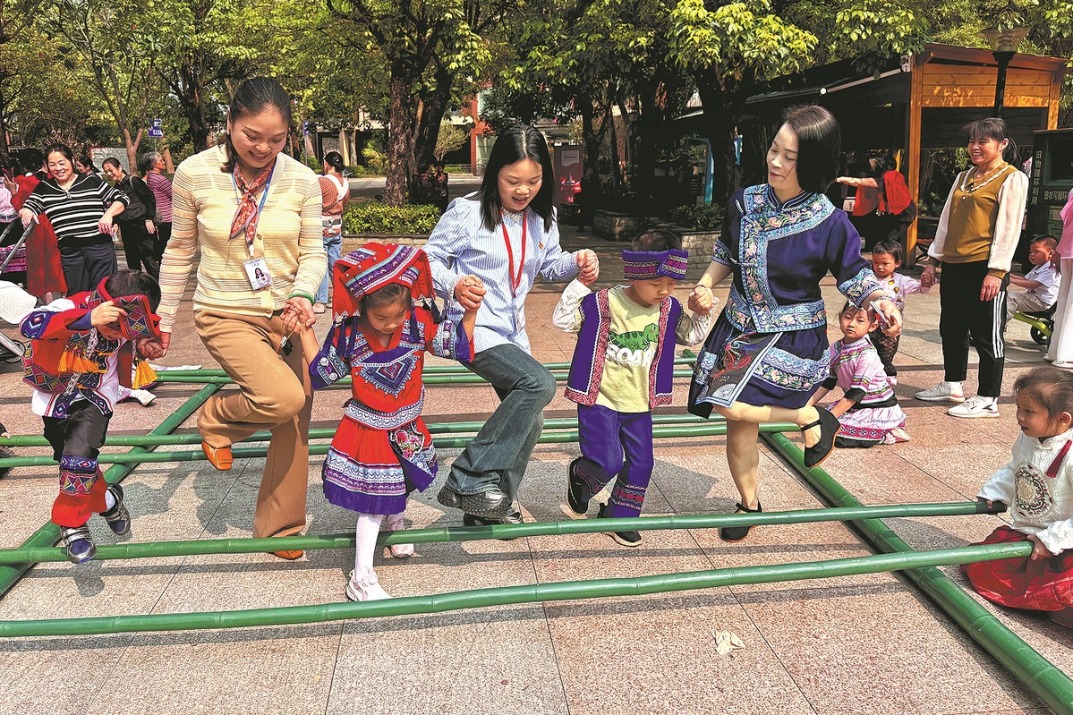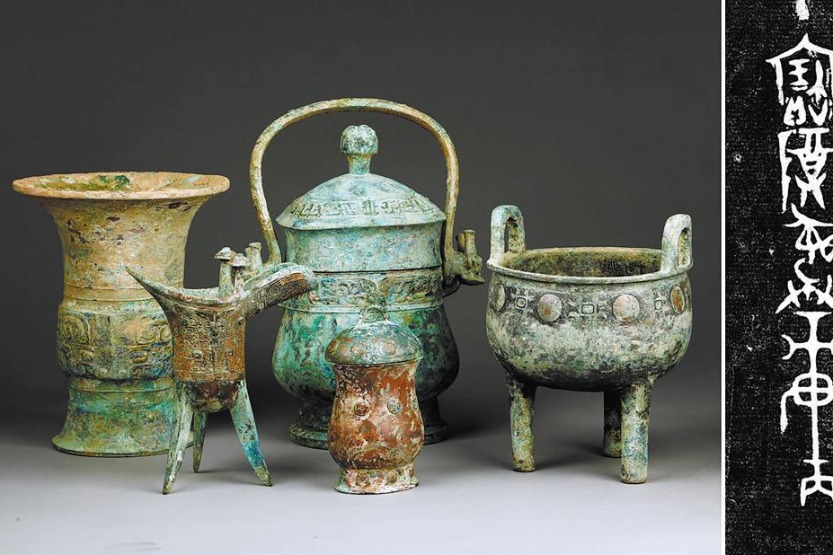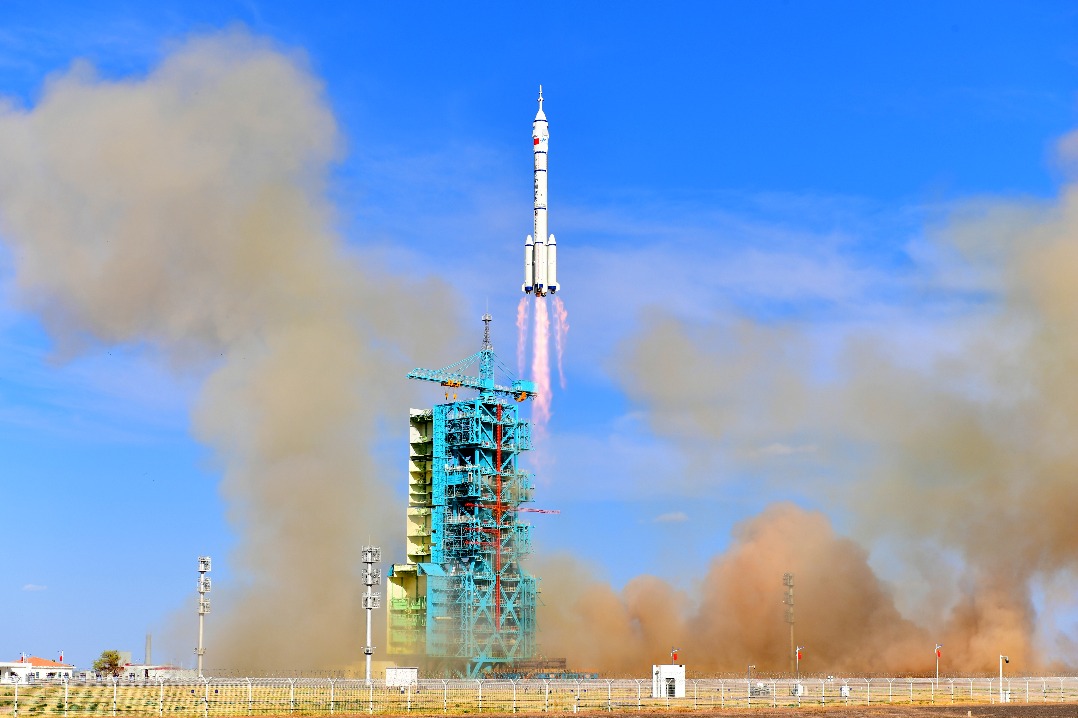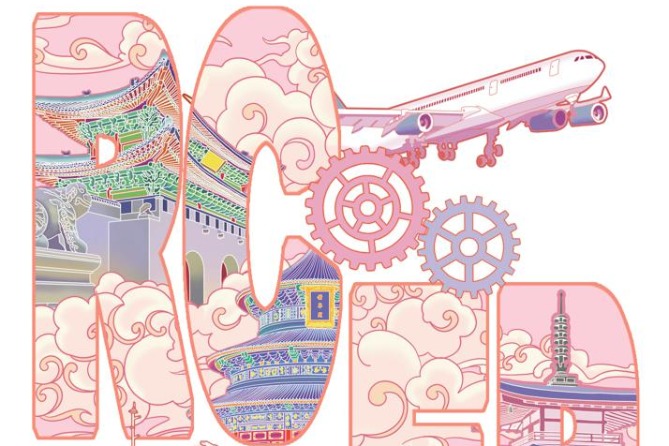Battle over content creation rights related to AI

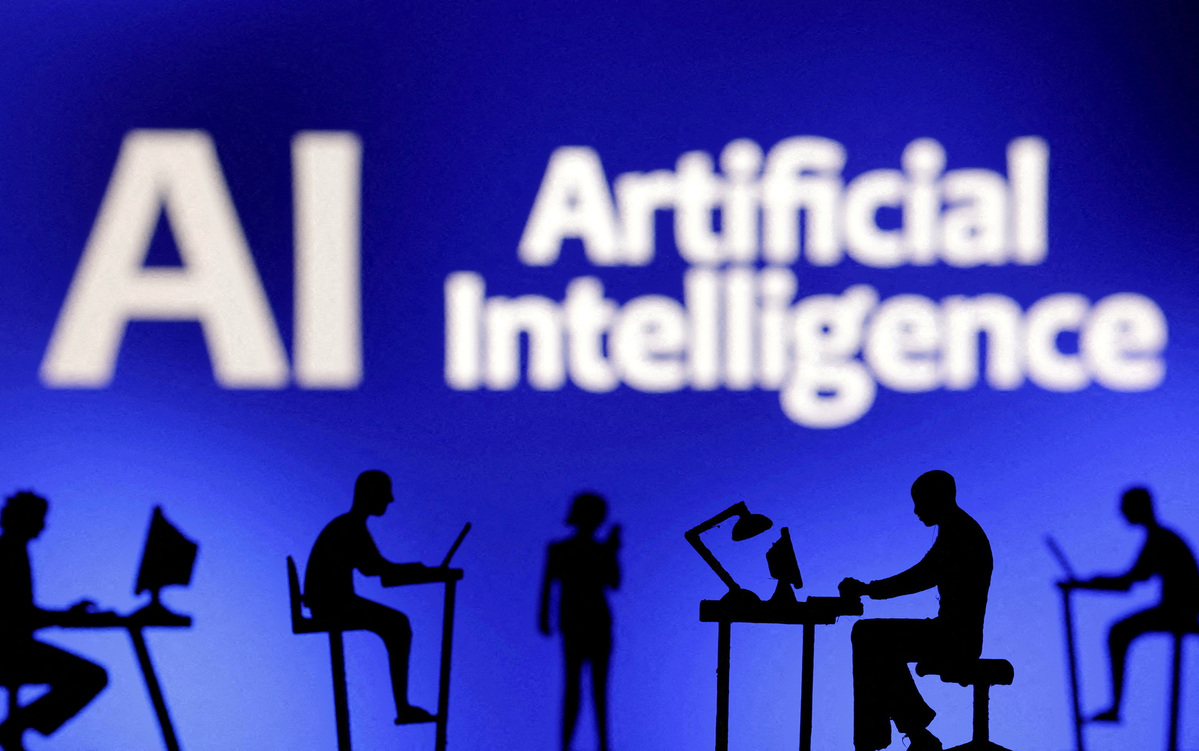
Discussions on intellectual property protection in the field of artificial intelligence have become an inescapable topic across industries both at home and abroad. This not only reflects that the technological revolution is continuing globally, but also that the relevant challenges are intensifying.
In China, many Chinese government departments, judicial authorities and enterprises held seminars and forums on AI-related IP protection over the past few days to mark the World Intellectual Property Day, which falls on Saturday this year.
In a recent exclusive interview with China Daily, for instance, Shen Changyu, commissioner of the China National Intellectual Property Administration, emphasized the importance of protecting IP rights in the AI field, revealing that the administration is ramping up efforts to give Chinese companies a competitive edge by issuing a guideline aimed at optimizing the AI-related invention patent application system and IP protection.
At the same time, how to strengthen IP protection while widely applying the technology is also being hotly discussed.
For example, one of the focuses of this year's World Journalists Conference, which was held in Seoul at the end of March, was the application of AI in media. More than 60 participants from over 50 nations exchanged views on the utilization of the technology, with many expressing concerns about the risks and challenges, such as deepfakes, copyright issues and AI hallucinations.
Indeed, both domestically and internationally, from market entities to regulatory authorities, everyone is exploring the boundaries of rules and seeking a balance in the development and protection of IP rights in the AI sector.
In fact, the Cyberspace Administration of China has already set forth some basic requirements, rules and drawn bottom lines for the application of AI, which include the prohibition against infringing upon personal rights and endangering national security.
The Civil Code, which became effective in early 2021, clarifies that no individual or organization can distort, deface or forge someone's voice and portrait, or exploit it through information technology.
However, as AI tools such as Deep-Seek have begun creating poetry, drafting reports, drawing pictures, editing videos and composing music, a legal conundrum has emerged regarding the copyright ownership for AI-generated content. The question remains: Does the copyright belong to the users, the technology developer, or the data provider?
In short, whether an image or novel generated by AI can be copyrighted mainly depends on whether the content is filled with creativity or originality, which needs to be analyzed case by case.
In November 2023, Beijing Internet Court identified a picture, generated by the text-to-image software Stable Diffusion, as an artwork under copyright protection because of the originality and intellectual input of its human creator. It was the first verdict of its kind in China.
The court said that the ruling was made based on the way that the AI user continuously added prompts and repeatedly adjusted the parameters to come up with a picture that reflected his aesthetic choice and personalized judgement.
The court further explained that assigning generative AI content a legal status under certain circumstances in this case aims to encourage people to innovate with the new technology, and advance the development of this emerging industry.
But when a user asks AI to write a speech for a school's opening ceremony, such generative content will be difficult to be defined as a work protected by law. This is because the instructions given by the user to AI are merely everyday, simple and common words and phrases, lacking originality.
Faced with the challenges over copyright identification of generative AI, China's advantage lies in the rapidly growing number of relevant disputes. This has prompted officials and judges to think deeply and accelerate research on this emerging technology, enabling them to regulate the technological application at its initial stages, including its layout and design.
















